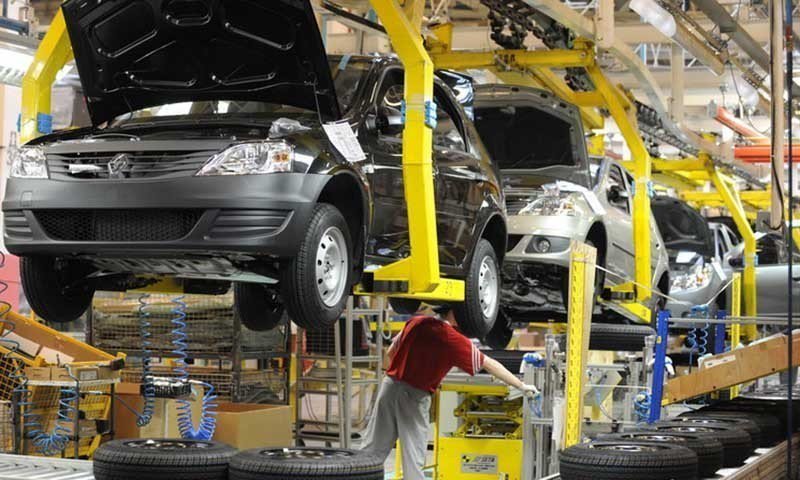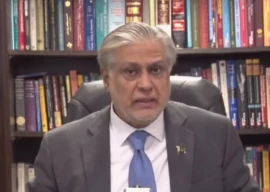
“Each country is safeguarding its industry to protect employment and investment. But this is not the case in Pakistan,” remarked Pakistan Association of Automotive Parts and Accessories Manufacturers (Paapam) former chairman Mashhood Ali Khan.
Hence, he said, like other regional countries, Pakistan’s focus should be on the domestic industry because vehicles were not the primary cause of pollution in the country.
He said under the electric vehicle introduction plan Pakistan envisaged 30% battery electric vehicles (BEV) by 2030 and salient features of the policy framework should be in line with ground realities.
Khan recommended three steps for the policy, saying “in the first step, from 2020-25, the government should promote indigenisation of products and promote a clean renewable energy programme.”
“In the second step, from 2026-30, the government can introduce HEV/PHEV promotion policy and build charging infrastructure. Lastly, from 2031 onwards, EV policy should be executed to achieve targets,” explained the former chairman.
Citing the EV introduction plan in leading countries, he said, “India, USA, Thailand and Indonesia are securing their auto industry by gradually shifting from fossil fuel to electrified vehicles.”
Talking about the proposed policy, he said the policy considered only battery EV and ignored HEV and PHEV.
Khan said a drastic reduction in customs duty on completely built units (CBUs) and low customs duty on completely knocked down (CKD) units would prevent localisation of products, and all the progress made so far by the domestic industry would become null and void.
Moreover, a huge outflow of foreign exchange would be witnessed in the case of imports of CBU and CKD units since EVs are high-value products, the Paapam ex-chief said.
“With 60,000 units, an outflow of $1.5 billion is expected in the car sector only,” he said, adding the drastic reduction in duties and sales tax would adversely affect revenue collection as the auto industry was the second largest contributor to the national exchequer.
“With the import of 60,000 units at 1% customs duty and 5% sales tax, the revenue loss is approximately Rs100 billion.”
Published in The Express Tribune, June 13th, 2019.
Like Business on Facebook, follow @TribuneBiz on Twitter to stay informed and join in the conversation.


1722586547-0/Untitled-design-(73)1722586547-0-165x106.webp)



1719053250-0/BeFunky-collage-(5)1719053250-0-270x192.webp)










COMMENTS
Comments are moderated and generally will be posted if they are on-topic and not abusive.
For more information, please see our Comments FAQ